America's Middle East Quagmire: A Windfall For China's Strategic Ambitions
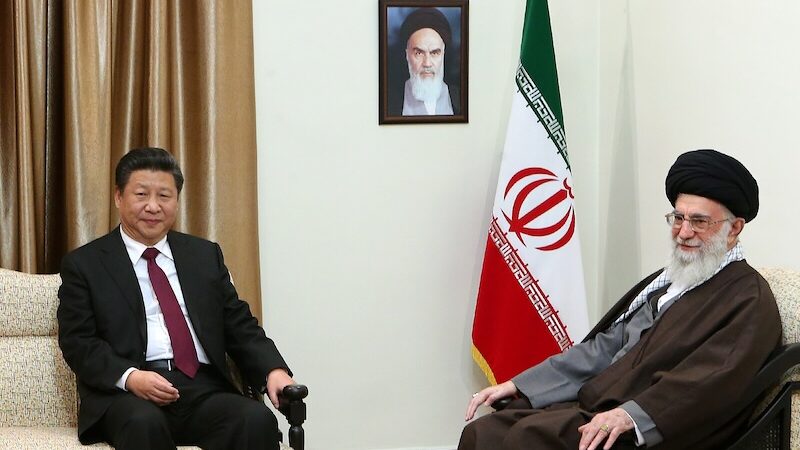
Welcome to your ultimate source for breaking news, trending updates, and in-depth stories from around the world. Whether it's politics, technology, entertainment, sports, or lifestyle, we bring you real-time updates that keep you informed and ahead of the curve.
Our team works tirelessly to ensure you never miss a moment. From the latest developments in global events to the most talked-about topics on social media, our news platform is designed to deliver accurate and timely information, all in one place.
Stay in the know and join thousands of readers who trust us for reliable, up-to-date content. Explore our expertly curated articles and dive deeper into the stories that matter to you. Visit Best Website now and be part of the conversation. Don't miss out on the headlines that shape our world!
Table of Contents
America's Middle East Quagmire: A Windwindfall for China's Strategic Ambitions
America's long-standing involvement in the Middle East, often characterized as a "quagmire," is creating an unexpected strategic advantage for China. While the US grapples with complex geopolitical challenges and shifting alliances in the region, China is quietly but effectively expanding its influence, leveraging economic opportunities and forging deeper diplomatic ties. This shift represents a significant realignment of global power dynamics and raises important questions about the future of the Middle East and the broader international order.
Decades of US Involvement: A Legacy of Instability?
For decades, the United States has been deeply involved in Middle Eastern affairs, intervening militarily in various conflicts, providing substantial financial aid, and playing a key role in regional security arrangements. However, these efforts have not always yielded the desired results. The protracted wars in Iraq and Afghanistan, along with ongoing tensions in Syria, Yemen, and elsewhere, have led to significant loss of life, immense financial costs for the US, and a perception of diminished American influence amongst some regional players. This instability creates a fertile ground for China’s strategic maneuvering.
China's Calculated Approach: Economics and Diplomacy
Unlike the US's often interventionist approach, China's strategy in the Middle East is predominantly economic and diplomatic. Its "Belt and Road Initiative" (BRI), a massive infrastructure development project spanning continents, has significantly increased China's presence and influence across the region. Major investments in ports, railways, and energy projects are transforming the economic landscape and solidifying China's partnerships with many Middle Eastern nations. Simultaneously, China maintains a largely non-interventionist stance on regional conflicts, allowing it to cultivate relationships with a broad spectrum of actors, including those with strained relationships with the US.
The Economic Advantage: A Shifting Energy Landscape
China’s burgeoning energy needs are another critical element driving its expansion in the Middle East. As the world's largest energy consumer, China relies heavily on Middle Eastern oil and gas reserves. By securing long-term energy supply agreements and investing in regional energy infrastructure, China is not only satisfying its energy demands but also deepening its economic integration with the region. This contrasts sharply with the more fluctuating and sometimes contentious nature of US energy relationships in the Middle East.
The Diplomatic Advantage: Navigating Complex Alliances
China's diplomatic strategy emphasizes non-interference in internal affairs and focuses on building mutually beneficial economic relationships. This approach allows China to navigate the complex web of alliances and rivalries in the Middle East with greater agility than the US, which is often perceived as taking sides in regional conflicts. This neutrality allows them to cultivate strong relationships with both traditional US allies and its adversaries.
The Implications for the Future
The rising influence of China in the Middle East presents both opportunities and challenges for the international community. While increased Chinese investment can lead to economic development and infrastructure improvements, it also raises concerns about debt burdens, transparency, and potential geopolitical implications. The US, meanwhile, faces the challenge of adapting its Middle East policy to account for China's growing presence and influence. The future of the Middle East may increasingly be shaped by the interplay between these two global powers, leading to a significantly altered geopolitical landscape.
Further Reading:
Call to Action: What are your thoughts on China's growing influence in the Middle East? Share your opinions in the comments below.

Thank you for visiting our website, your trusted source for the latest updates and in-depth coverage on America's Middle East Quagmire: A Windfall For China's Strategic Ambitions. We're committed to keeping you informed with timely and accurate information to meet your curiosity and needs.
If you have any questions, suggestions, or feedback, we'd love to hear from you. Your insights are valuable to us and help us improve to serve you better. Feel free to reach out through our contact page.
Don't forget to bookmark our website and check back regularly for the latest headlines and trending topics. See you next time, and thank you for being part of our growing community!
Featured Posts
-
 War Could Cost Trump Cozarts Support Ex Mlb Star Speaks Out
Jun 22, 2025
War Could Cost Trump Cozarts Support Ex Mlb Star Speaks Out
Jun 22, 2025 -
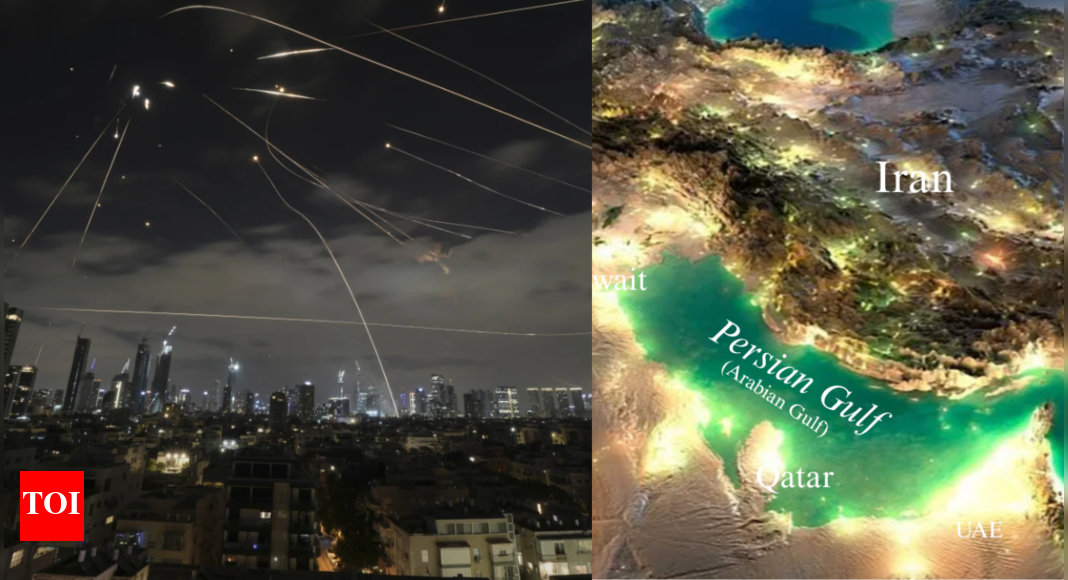 Radiation Concerns In Gulf As Israel Targets Iranian Nuclear Facilities Qatars Response
Jun 22, 2025
Radiation Concerns In Gulf As Israel Targets Iranian Nuclear Facilities Qatars Response
Jun 22, 2025 -
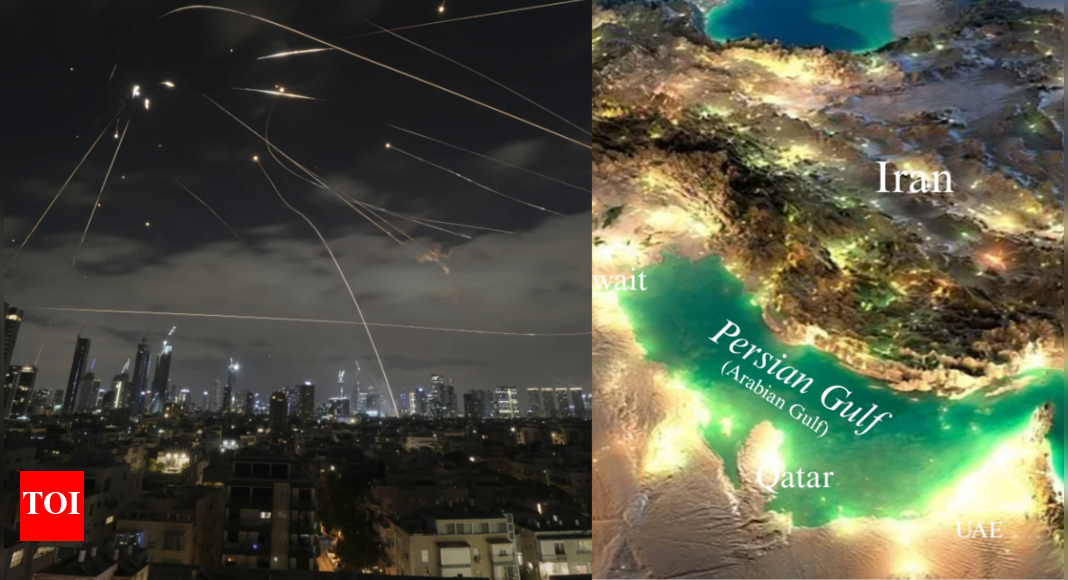 Israeli Strikes On Iran Spark Radiation Concerns Qatar Steps Up Monitoring
Jun 22, 2025
Israeli Strikes On Iran Spark Radiation Concerns Qatar Steps Up Monitoring
Jun 22, 2025 -
 Uk Weather Forecast Record Breaking Heat For Two Days Running
Jun 22, 2025
Uk Weather Forecast Record Breaking Heat For Two Days Running
Jun 22, 2025 -
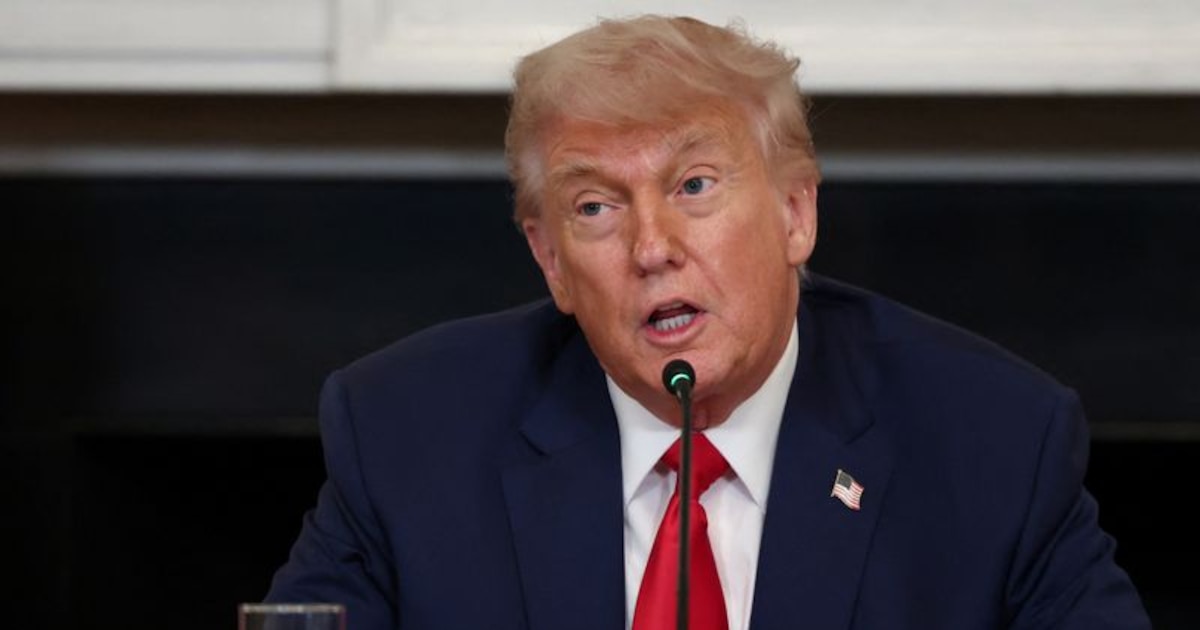 Estados Unidos Bombardea Tres Sitios Nucleares En Iran Tension Internacional En Ascenso
Jun 22, 2025
Estados Unidos Bombardea Tres Sitios Nucleares En Iran Tension Internacional En Ascenso
Jun 22, 2025
Latest Posts
-
 Us War Concerns Former Mlb Star Rejects Trumps Presidency
Jun 22, 2025
Us War Concerns Former Mlb Star Rejects Trumps Presidency
Jun 22, 2025 -
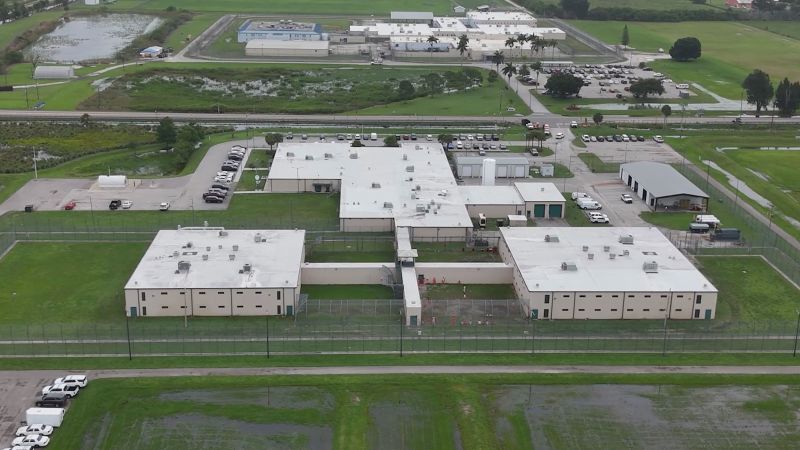 Ice Faces Backlash For Extending Contract With Failing Detention Center
Jun 22, 2025
Ice Faces Backlash For Extending Contract With Failing Detention Center
Jun 22, 2025 -
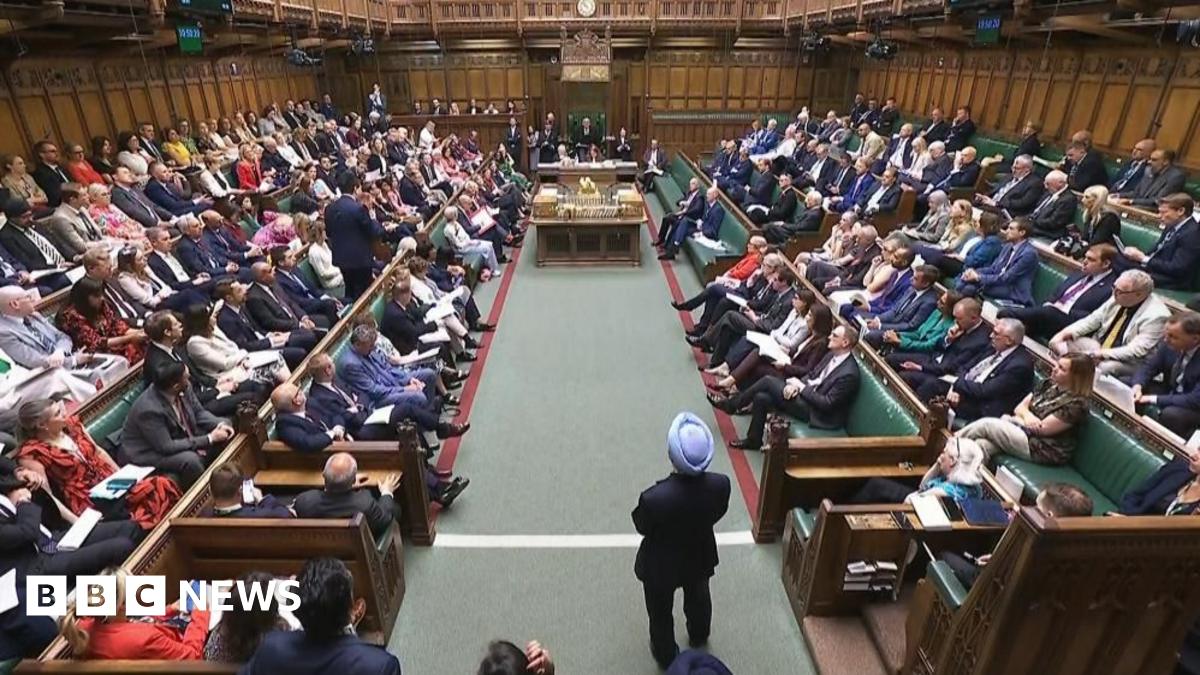 June 20th Assisted Dying Vote Check Your Mps Stance
Jun 22, 2025
June 20th Assisted Dying Vote Check Your Mps Stance
Jun 22, 2025 -
 Machine Gun Kellys Daughter Case The Inspiration For Her Name
Jun 22, 2025
Machine Gun Kellys Daughter Case The Inspiration For Her Name
Jun 22, 2025 -
 No Diplomacy With Iran Until Israeli Aggression Stops Says Foreign Minister
Jun 22, 2025
No Diplomacy With Iran Until Israeli Aggression Stops Says Foreign Minister
Jun 22, 2025
